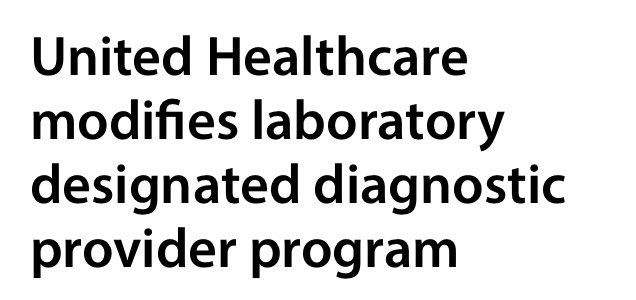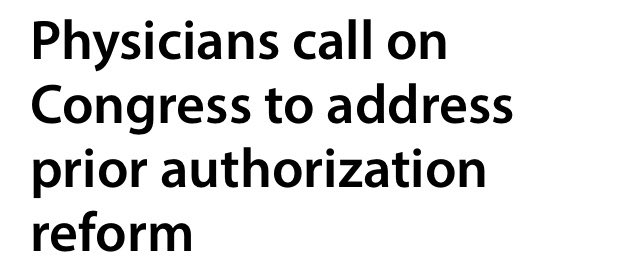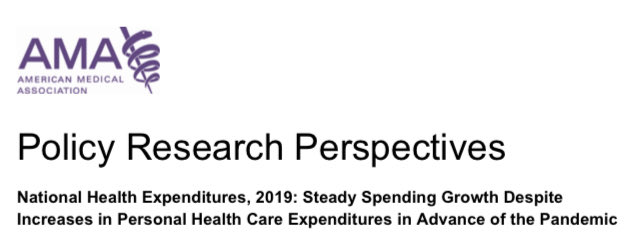
🧵#OurAMA joined over 400 prominent physician, #healthcare and #technology stakeholder groups on a letter urging Congressional leadership to pass legislation that would permanently continue many of the current #telehealth flexibilities enacted at beginning of the #COVID19 PHE. 

2/ @aafp @ACPinternists @FAHhospitals
@ConnectwCare @AmericanTelemed @CTATech @HealthIsMobile @Zoom video conferencing were among the diverse collection of cosigners pushing federal lawmakers to address the impending “#telehealth cliff.”
@ConnectwCare @AmericanTelemed @CTATech @HealthIsMobile @Zoom video conferencing were among the diverse collection of cosigners pushing federal lawmakers to address the impending “#telehealth cliff.”
3/ Expanded #telehealth flexibilities have proven to be a lifeline for countless patients trying to retain access to their physician during the #pandemic.
4/ Temporary suspension of the Medicare geographic and originating site restrictions for #telehealth has been especially important for patients dealing with chronic conditions and looking to limit community spread of #COVID19.
5/ The #Medicare geographic and originating site restrictions largely preclude beneficiaries from accessing #telehealth services other than at qualifying health care facilities located in rural areas.
6/ Yet, absent Congressional intervention, these flexibilities that have permitted virtual services to proliferate will expire and numerous antiquated statutory restrictions related to #telehealth will snap back into effect.
7/ The sign-on letter urges #Congress to, among other things, remove restrictions governing where patients can access #telehealth services & eliminate recently enacted in-person requirements for patients seeking telemental health services upon the conclusion of the current PHE.
8/ The letter touts concepts included in 3 bills that are primary pillars of @AmerMedicalAssn’s advocacy agenda related to #telehealth:
•HR1332/S368 Telehealth Modernization Act
•HR2903/S1512 CONNECT for Health Act
•HR4058/S2061 Telemental Health Care Access Act
•HR1332/S368 Telehealth Modernization Act
•HR2903/S1512 CONNECT for Health Act
•HR4058/S2061 Telemental Health Care Access Act
9/ @AmerMedicalAssn continues to work with federal lawmakers to enact legislation to retain existing #telehealth flexibilities beyond the COVID-19 PHE.
To read the sign-on letter, please see: tinyurl.com/z42pyavn
To read the sign-on letter, please see: tinyurl.com/z42pyavn
• • •
Missing some Tweet in this thread? You can try to
force a refresh








